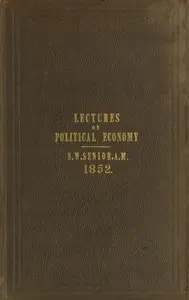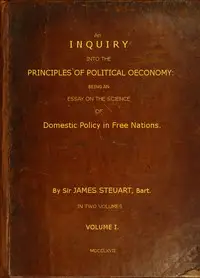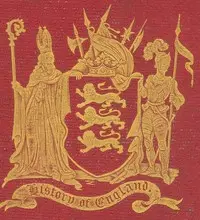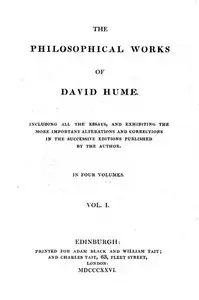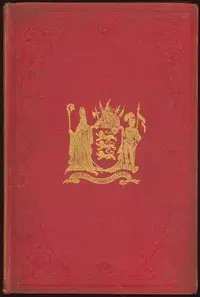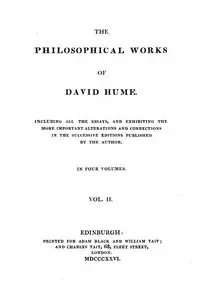"Hume's Political Discourses" by David Hume is a collection of essays from the 1700s that investigates the core ideas of how money, business, and society work together. Hume shares thoughts on things like trade, taxes, and how different levels of society are structured. The essays introduce Hume by presenting him as a forward-thinking person in economics, which helps set up the rest of the book. Hume explains the need to consider what's best for everyone when creating policies. He draws a line between simple and complex thinking in political discussions. According to Hume, the most important thing to do is focus on big ideas instead of small details. It will allow the reader to consider how business and manufacturing affect a country's strength and the happiness of its people, getting readers ready to read analyses of economic interactions.
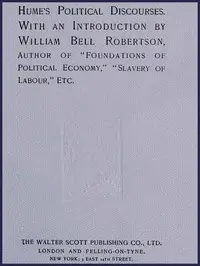
Hume's Political Discourses
By David Hume
Journey back to the 18th century to examine the intricate dance between trade, power, and prosperity through the eyes of a philosophical pioneer.
Summary
About the AuthorDavid Hume was a Scottish philosopher, historian, economist, and essayist who was best known for his highly influential system of empiricism, philosophical scepticism and metaphysical naturalism. Beginning with A Treatise of Human Nature (1739–40), Hume strove to create a naturalistic science of man that examined the psychological basis of human nature. Hume followed John Locke in rejecting the existence of innate ideas, concluding that all human knowledge derives solely from experience. This places him with Francis Bacon, Thomas Hobbes, John Locke, and George Berkeley as an empiricist.
David Hume was a Scottish philosopher, historian, economist, and essayist who was best known for his highly influential system of empiricism, philosophical scepticism and metaphysical naturalism. Beginning with A Treatise of Human Nature (1739–40), Hume strove to create a naturalistic science of man that examined the psychological basis of human nature. Hume followed John Locke in rejecting the existence of innate ideas, concluding that all human knowledge derives solely from experience. This places him with Francis Bacon, Thomas Hobbes, John Locke, and George Berkeley as an empiricist.

